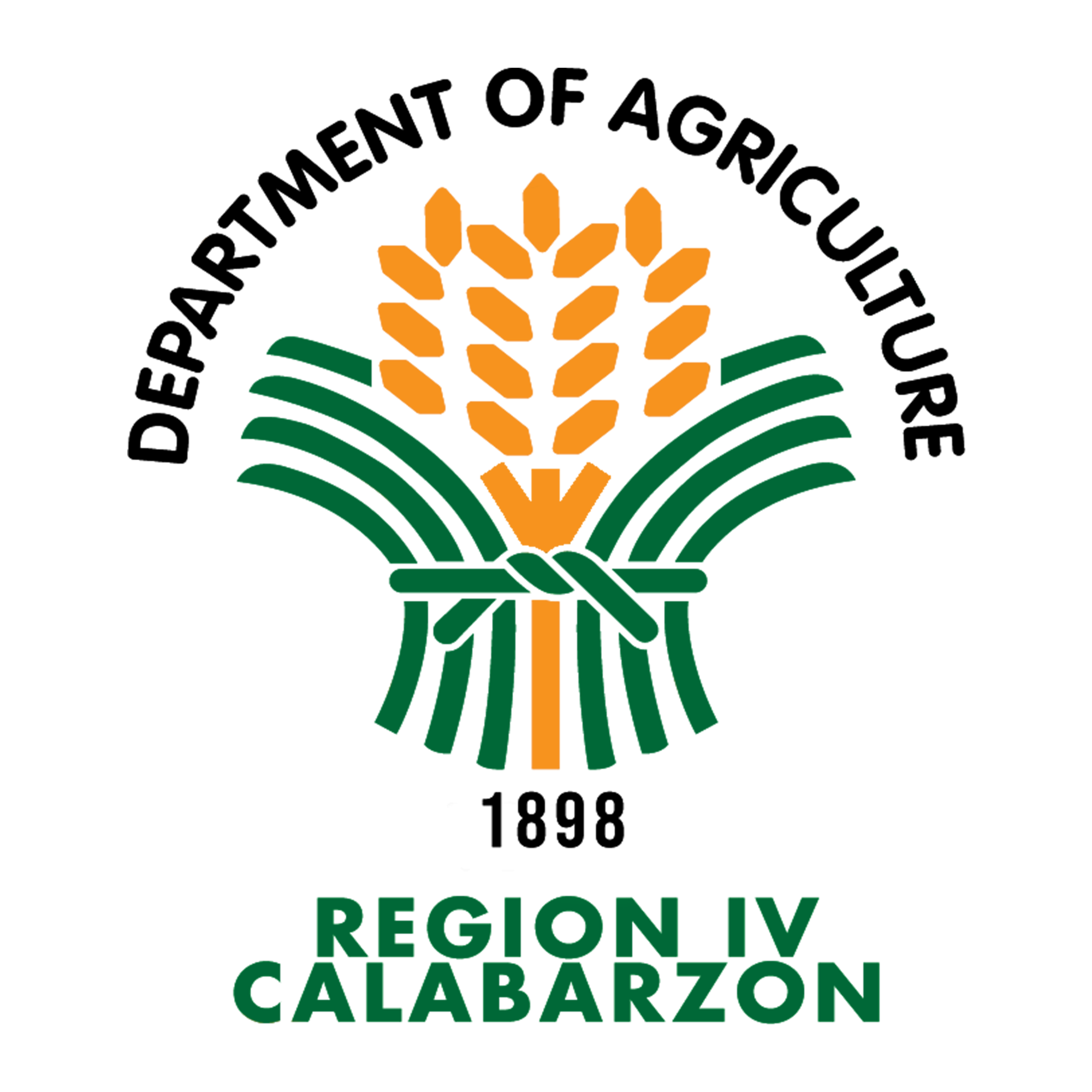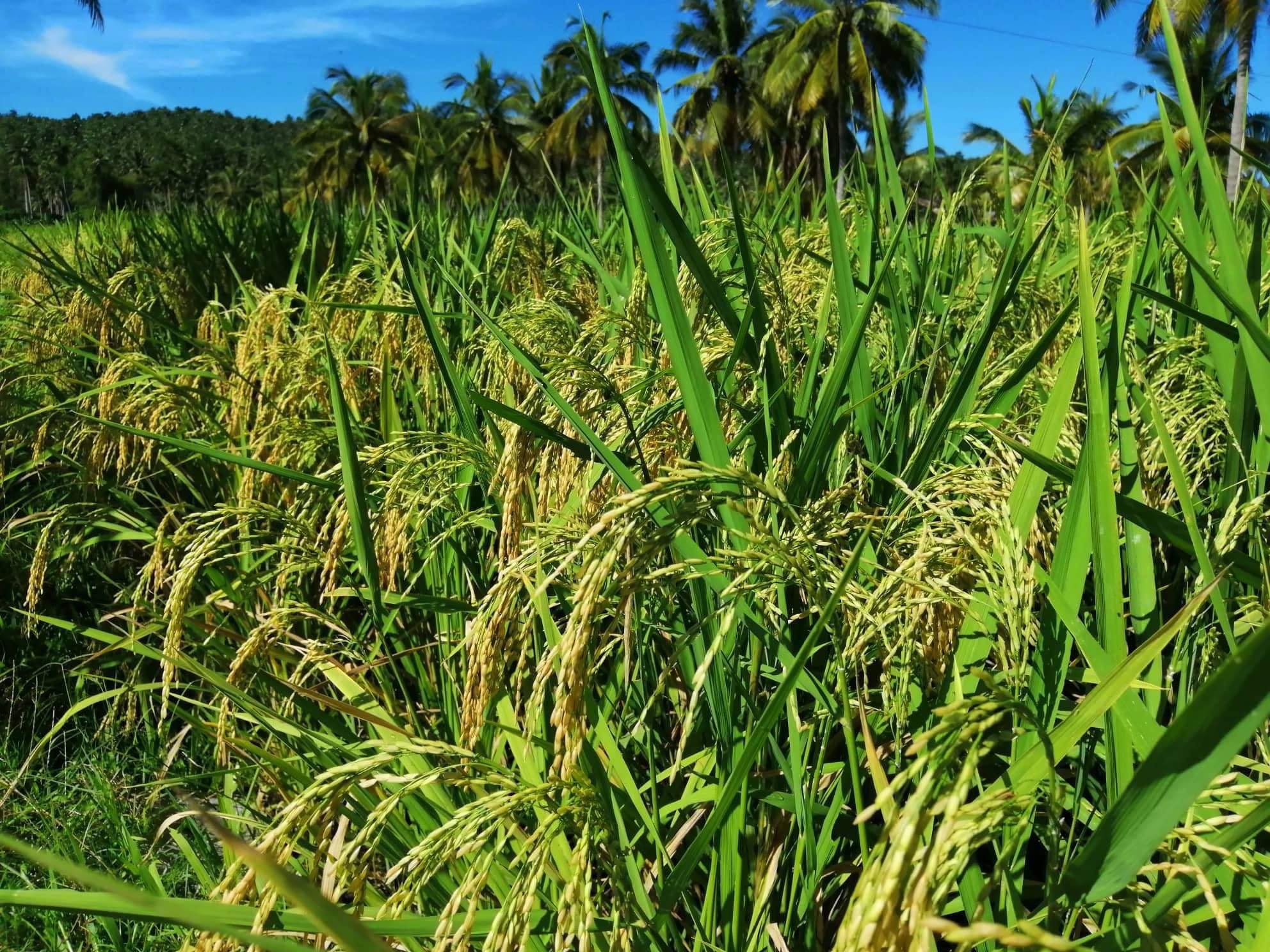“Nagkaro’n ng kalamidad—bagyo at mga peste—pero nakapag-ani pa rin kami. ‘Yong tatag ng hybrid [rice] ay tunay na nakahahanga.”
Gerardo B. Cabasis, Nasugbu Municipal Agricultural and Fishery Council Chairman and rice farmer, was optimistic about the Community Hybrid Rice Farming (CHRF) program of the Department of Agriculture IV-CALABARZON (DA-4A) Rice Banner Program during the technical briefing on May 19.
Even the farmers that will try to plant hybrid rice seeds for the first time were encouraged and excited about the CHRF.
“Susubok kami dahil nabalitaan namin na maganda ang palay, malambot daw ang kanin kahit naging bahaw na, at marami ang maaani,” Rowena R. Aduptante, Nasugbu rice farmer, said.
Hybrid rice seeds can yield up to 15 percent or 1.5 metric tons per hectare production compare to ordinary rice seeds. It is also more resilient against pests and during the rainy season.
With CHRF, rice farmers will receive hybrid rice seeds and fertilizers from DA-4A, insurance for Philippine Crop Insurance Corporation, agriculture machineries from Philippine Center for Postharvest Development and Mechanization, pesticides from Regional Crop Pest Management Service, loan assistance from Agricultural Credit Policy Council, and marketing assistance from Agribusiness and Marketing Assistance Service Division.
The success of this program will help the farmers achieve higher harvest and graduate from rice-producing to rice-trading community.
The technical briefing for CHRF was conducted in Lian, Batangas and Morong, Rizal, and will continue in other identified farms in CALABARZON.
The implementation of CHRF will proceed after the briefing. It will be followed by distribution and planting of seeds.
The progress of hybrid rice seeds from planting to marketing of crops will be monitored by DA-4A Rice Banner Program.
Aside from introducing the CHRF to the farmers, hybrid rice production protocol that includes farming practices such as land preparation, planting and seed materials, nutrient management, use of pesticides and other agrochemicals, pest, weed, and water management, harvesting practices, and drying was discussed during the technical briefing. #### (Reina Beatriz P. Peralta, DA-4A RAFIS)







 All content is in the public domain unless otherwise stated.
All content is in the public domain unless otherwise stated.